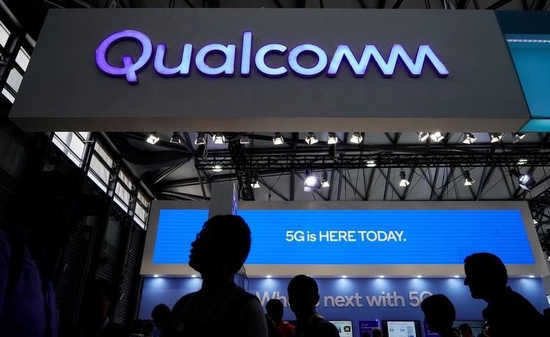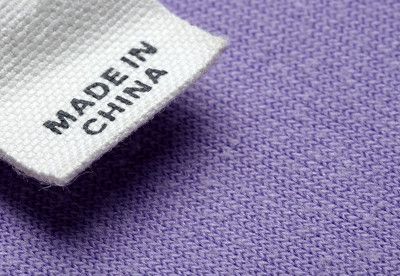your current location is:Home > Finance > NewsletterHomeNewsletter
Arm sues Qualcomm: intends to break up its $1.4 billion strategic acquisition of chip design company Nuvia

according to reports, on Wednesday local time, the chip company Arm of SoftBank Group announced that the company has filed a lawsuit against Qualcomm and Nuvia, a chip design company recently acquired by Qualcomm, accusing it of violating the licensing agreement. and infringement of registered trademarks.
Arm applied to the court for an injunction, hoping to force Qualcomm to destroy designs developed under Nuvia's licensing agreement with Arm. Arm believes that it must obtain a license from the company to transfer these designs to Qualcomm.
Qualcomm bought Nuvia last year for $1.4 billion. Arm has no right to interfere with Qualcomm's or Nuvia's innovations, the company said. Ann Chaplin, Qualcomm's general counsel, said: "Arm's lawsuit ignores the fact that Qualcomm has a broad and well-established license covering its custom CPUs, and we believe those rights will be affirmed."
If Arm's lawsuit succeeds, it would dismantle Qualcomm's largest strategic acquisition in recent years.
Although Arm is Qualcomm's most important technology partner, the lawsuit shows a major crack in the relationship between the two. Qualcomm has relied on Arm's technology since it stopped designing its own custom computing cores. But the two sides have diverged in recent years.
Some Qualcomm insiders privately complained that Arm was slow to innovate, causing Qualcomm's chips to lag behind Apple's processors.
Qualcomm bought Nuvia, founded by a former Apple chip architect, in order to restart the computing core customization business, different from the standard Arm design currently used by competitors such as TSMC.
One of Qualcomm's first goals after acquiring Nuvia technology was to challenge Intel and AMD in the PC and laptop markets. Qualcomm bought Nuvia shortly after Apple replaced Intel processors with its own chips in Mac laptops. But Apple processors are also based on Arm technology.
Apple's move boosted Mac sales, and Qualcomm CEO Cristiano Amon said he wanted to use Nuvia's designs based on Arm technology to do the same in the Windows laptop market. Because Qualcomm will still pay Arm a licensing fee based on sales of chips using Arm technology, the move won't materially affect Arm's economic interests. But licensing fees could be lower under Nuvia's agreement with Arm.
Bob O'Donnell, an analyst at TECHnalysis Research, said the incident underscores the two sides' dependence on each other.
"Qualcomm's opportunity in the PC and server markets ultimately depends on Nuvia's design, and Nuvia is Arm's primary vehicle for entering the Windows PC market. So, if you want to have a meaningful impact on the PC market, these companies need to work together." He says.
The deal is seen as a way for Qualcomm to reduce its reliance on Arm. In the past, most of Qualcomm's chips used computing cores authorized directly from Arm, while Nuvia's cores only used Arm's underlying architecture, and then customized the design.
For Qualcomm, using a more customized core design, like Apple's, may reduce the licensing fees it pays to Arm in the short term. In the long run, it also makes it easier for the company to adopt other structures.
People close to Arm said there was no dispute over the licensing of Qualcomm itself, and the case only involved technology developed under the Nuvia licensing agreement.
Previous: The iPhone 14 Pro may add a privacy indicator to the pill-shaped punch hole, sources say
Next:Chinese girl is ugly because of unique camera angle: double chin attention
related articles
Article Comments (0)
- This article has not received comments yet, hurry up and grab the first frame~











